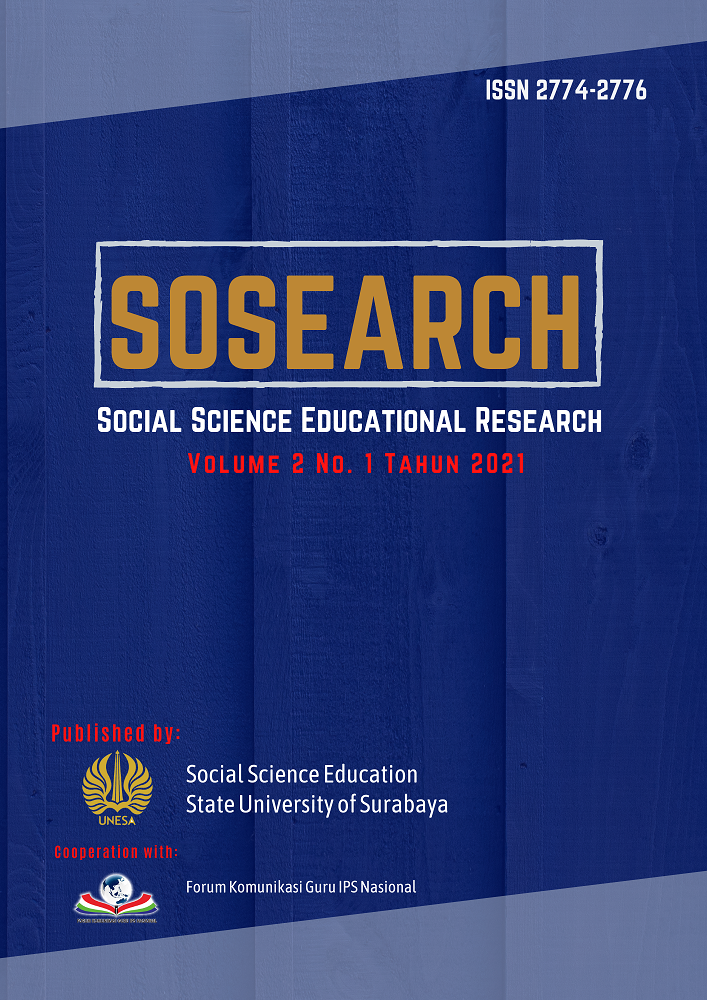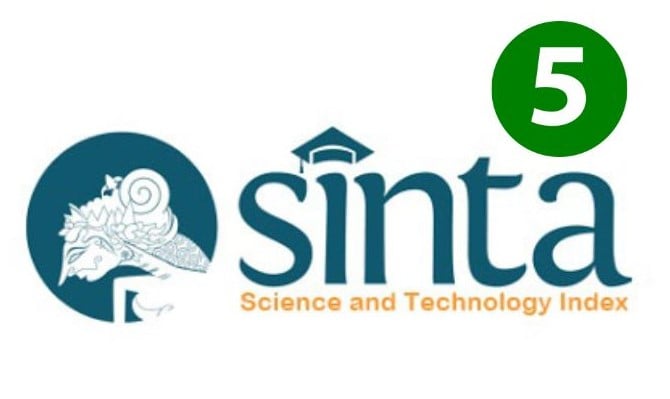Array
DOI:
https://doi.org/10.26740/sosearch.v2n1.p54-62Keywords:
Technological Pedagogical Content Knowledge, Business Teachers, Self-reliance ratings and Teacher Training ProgrammeDownloads
Download data is not yet available.
 Abstract views: 120
,
Abstract views: 120
, PDF Downloads: 155
PDF Downloads: 155




.png)

.png)

.png)
.png)
.png)
.png)
